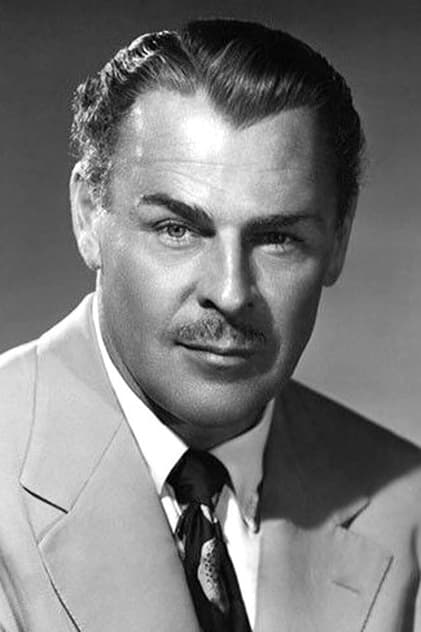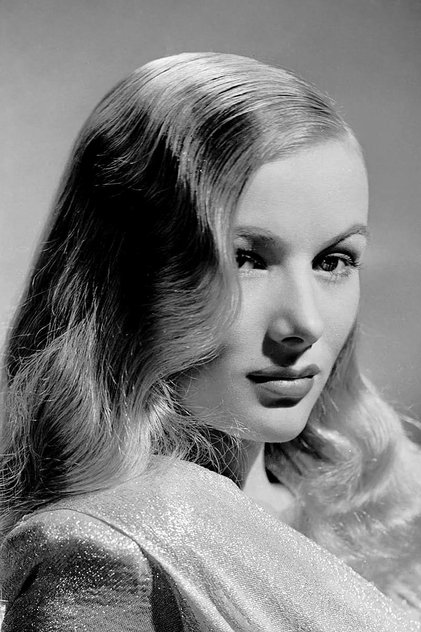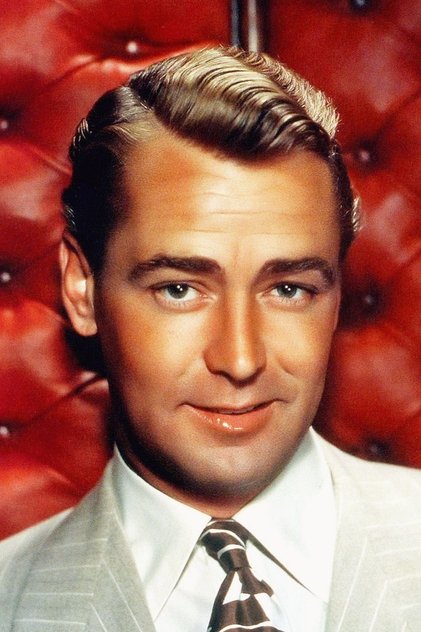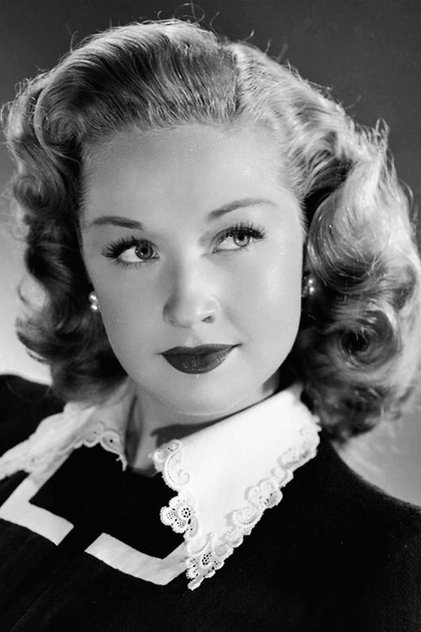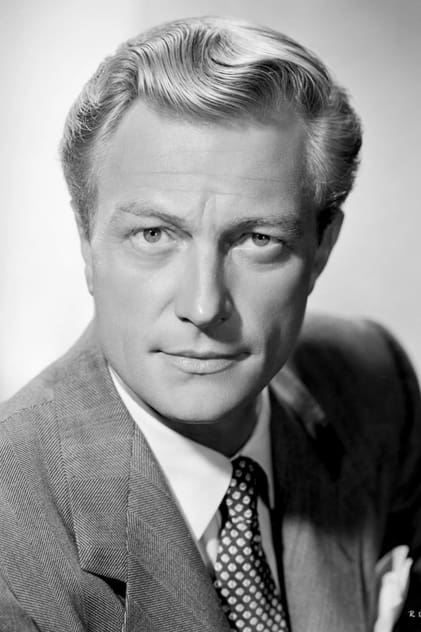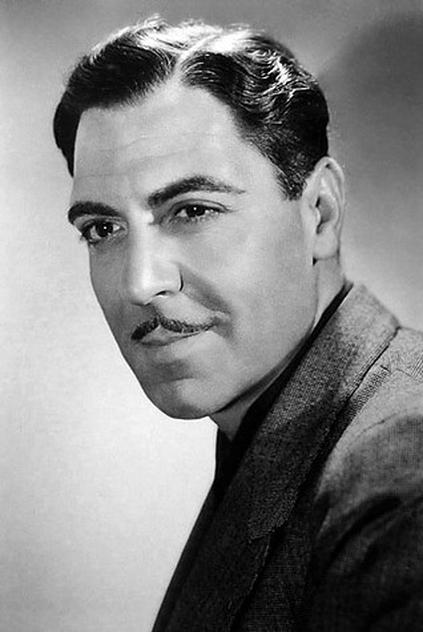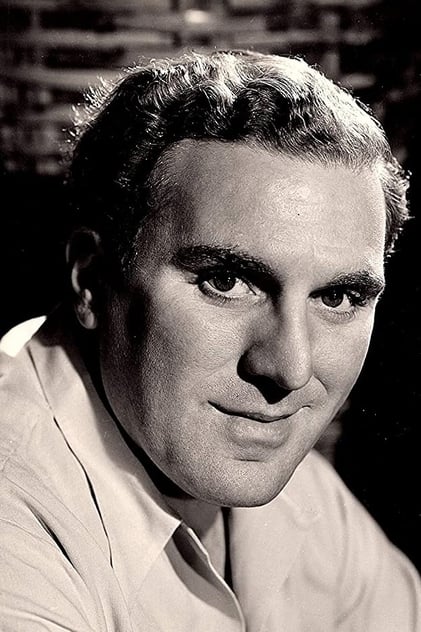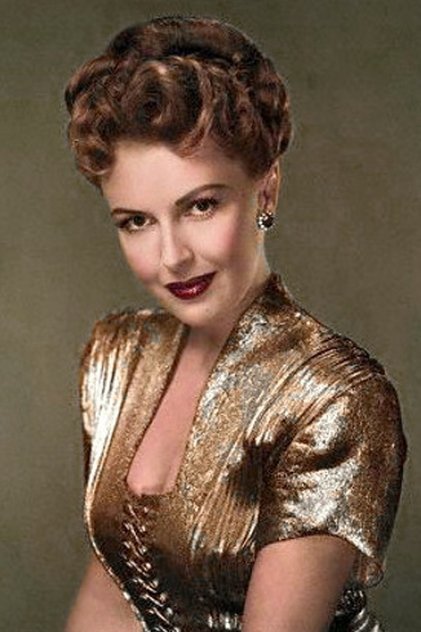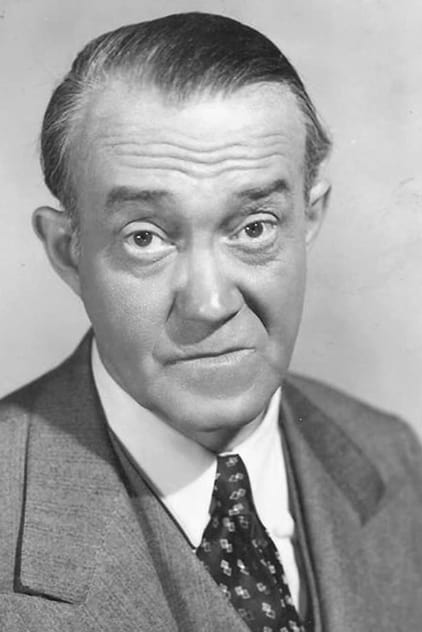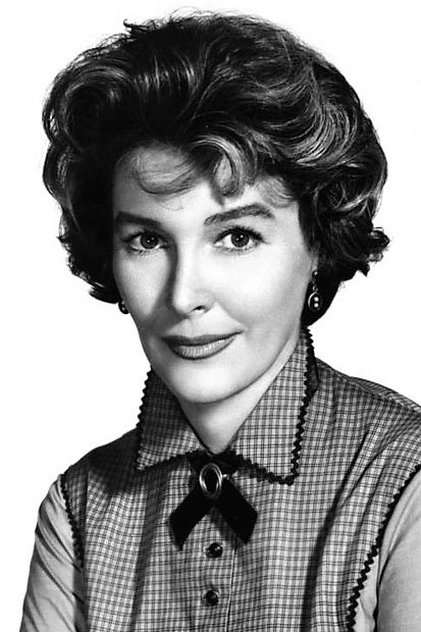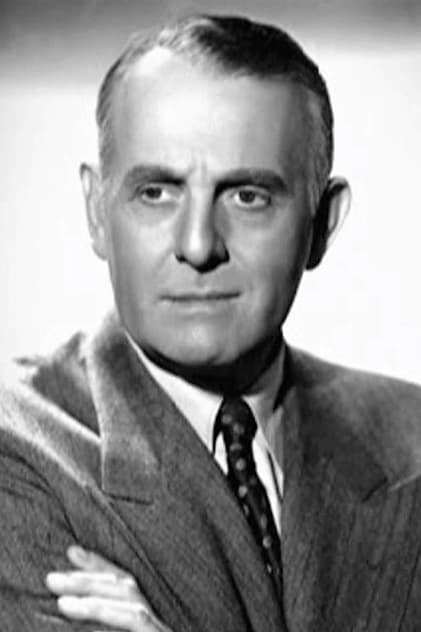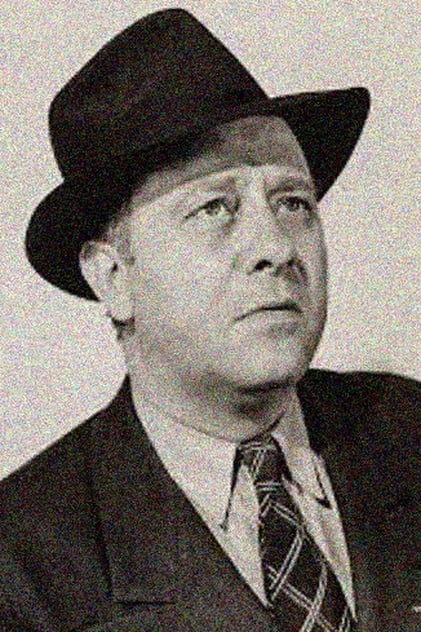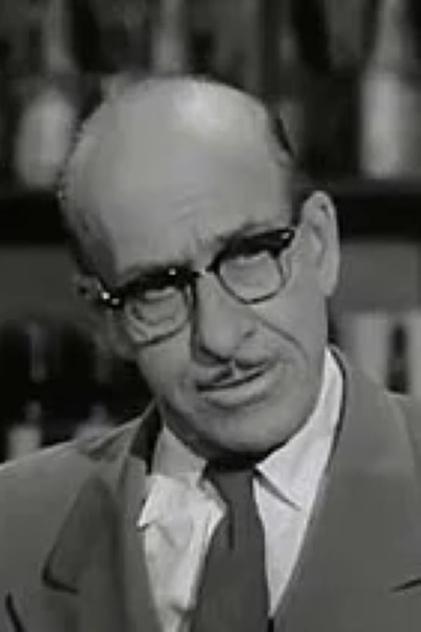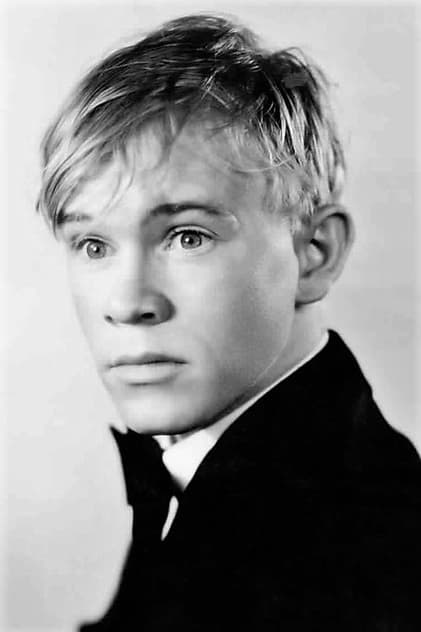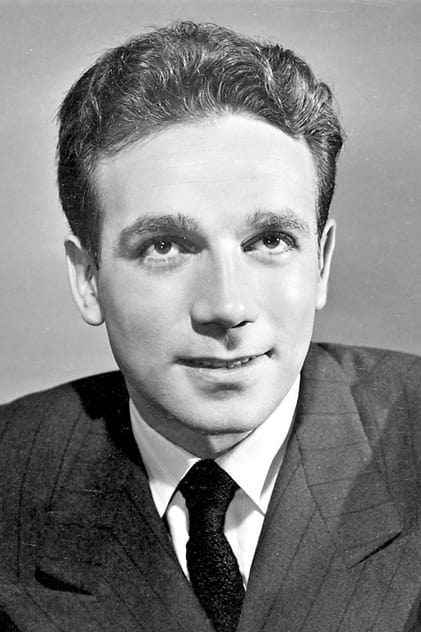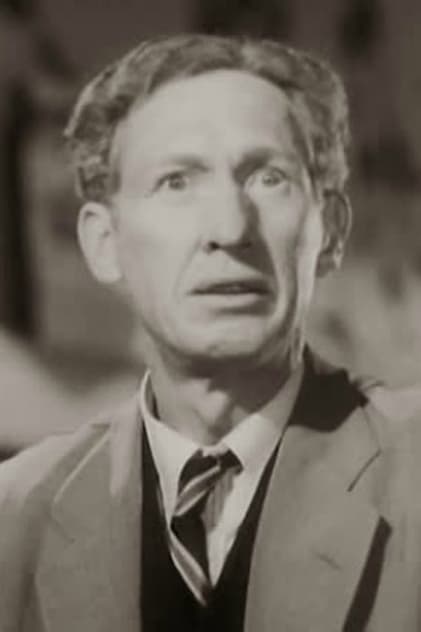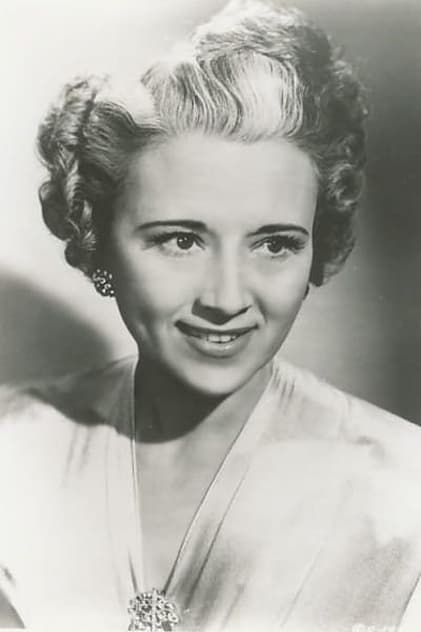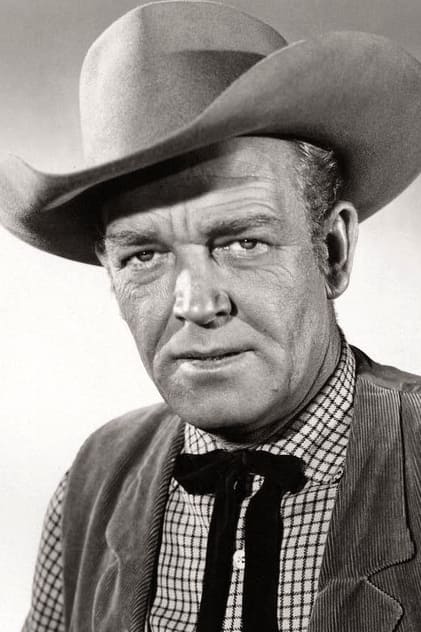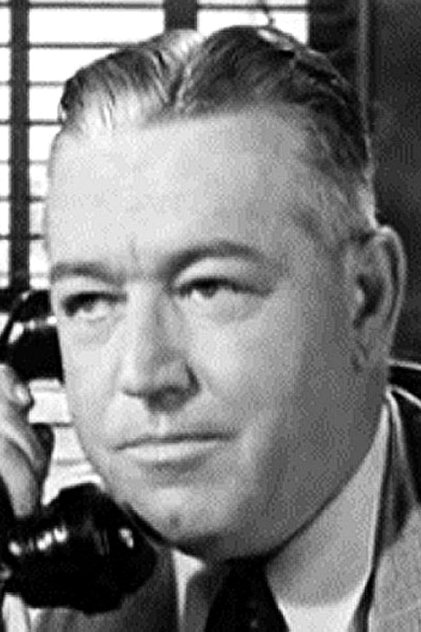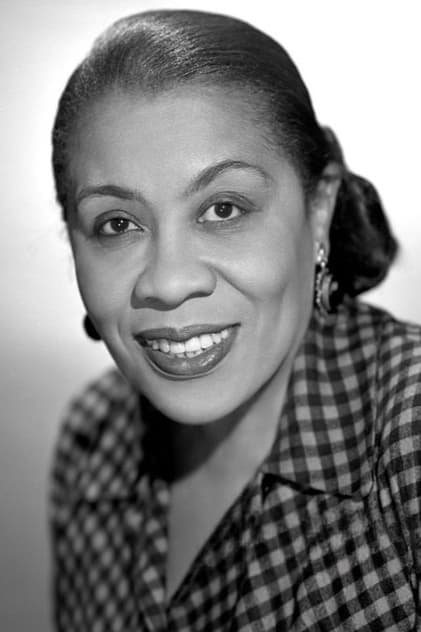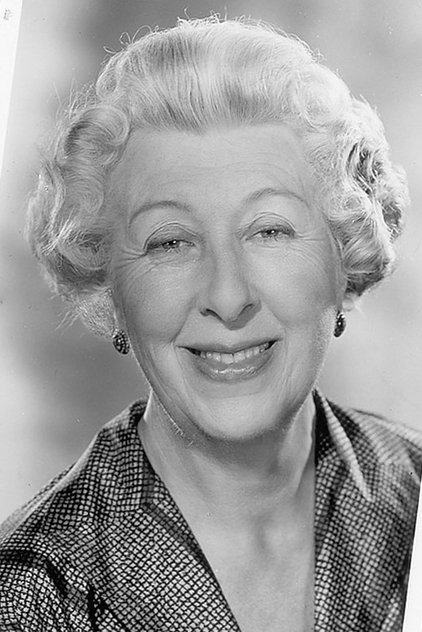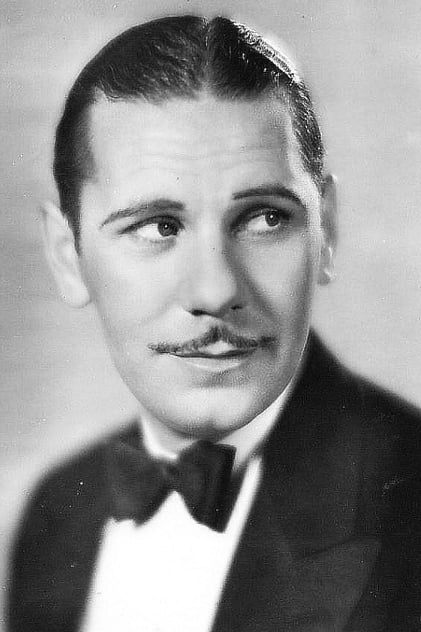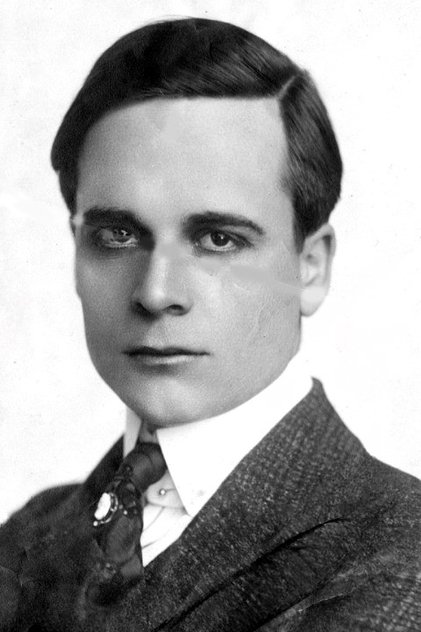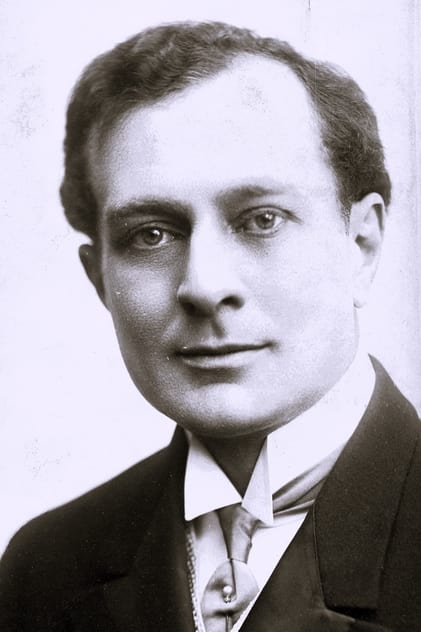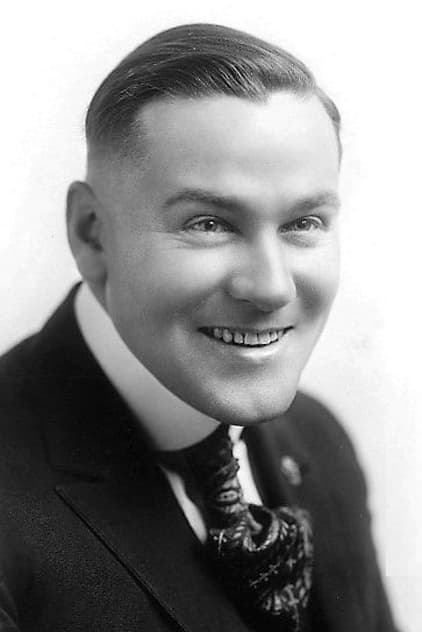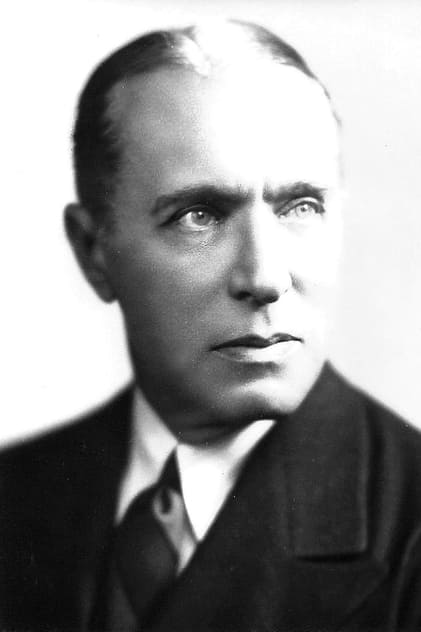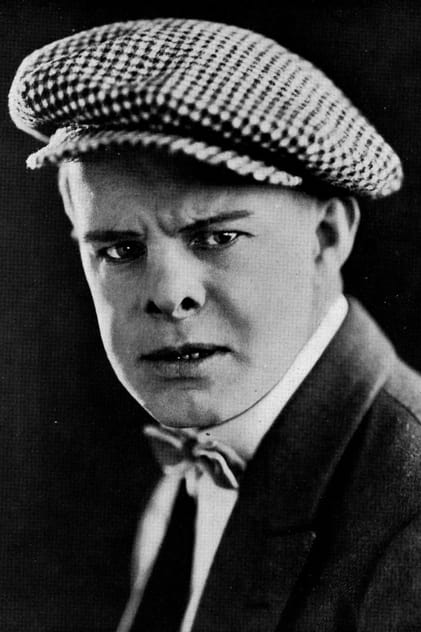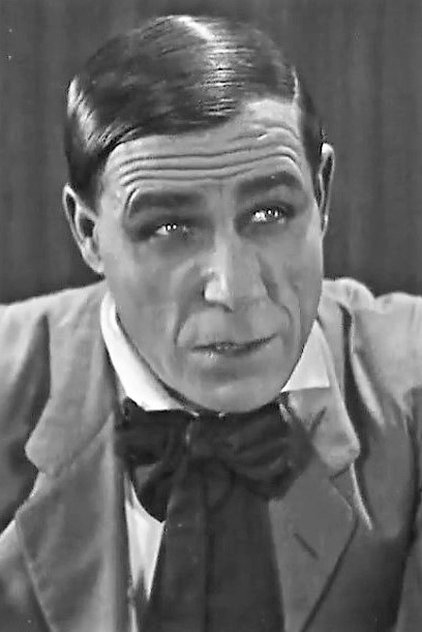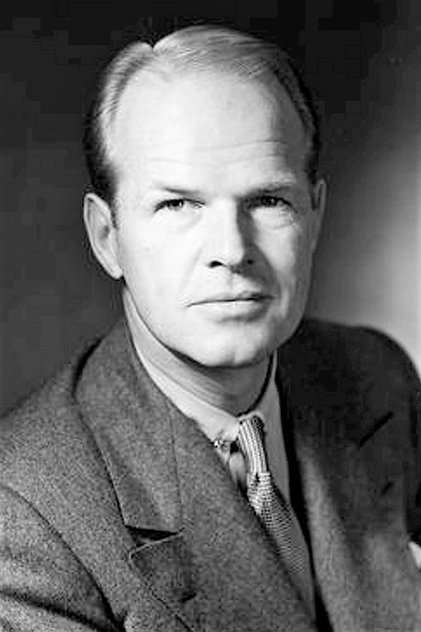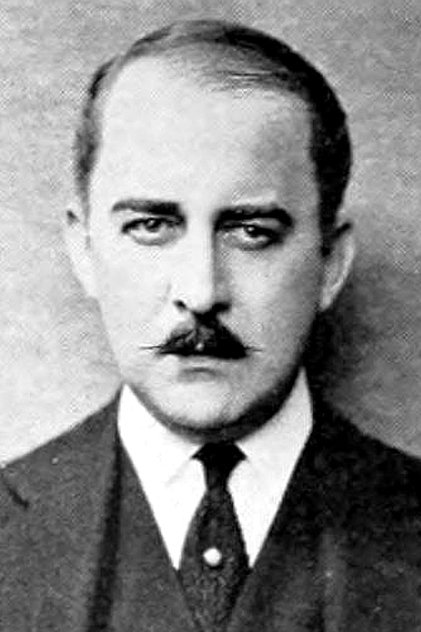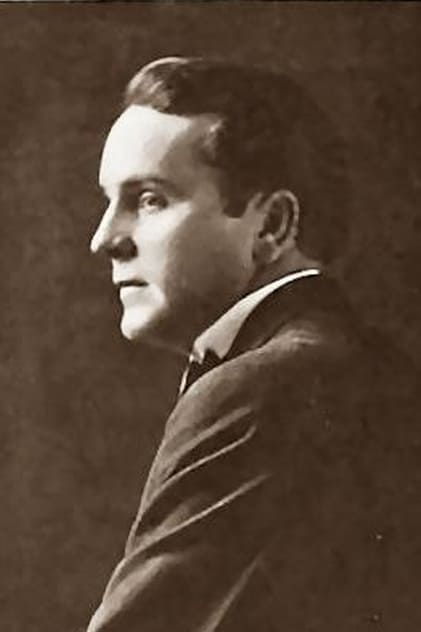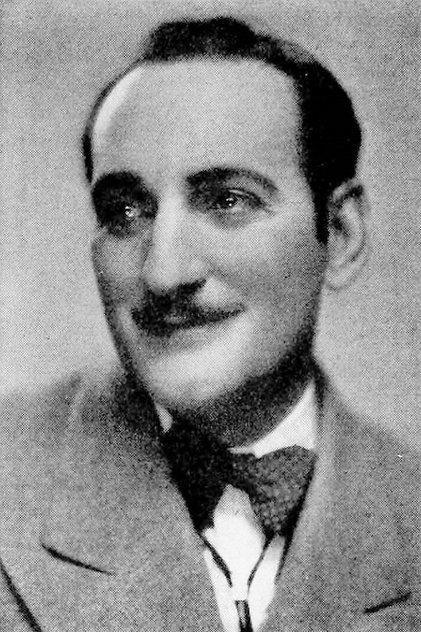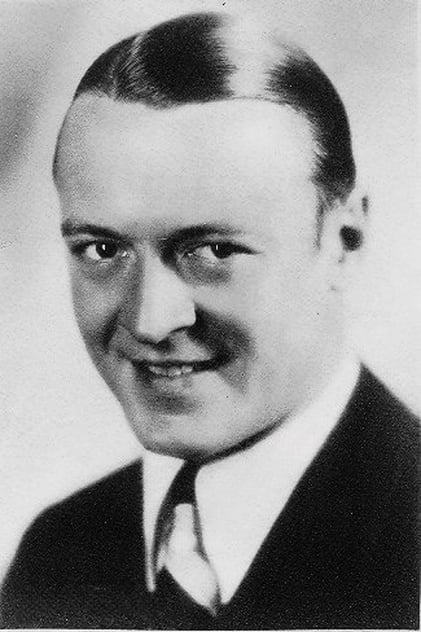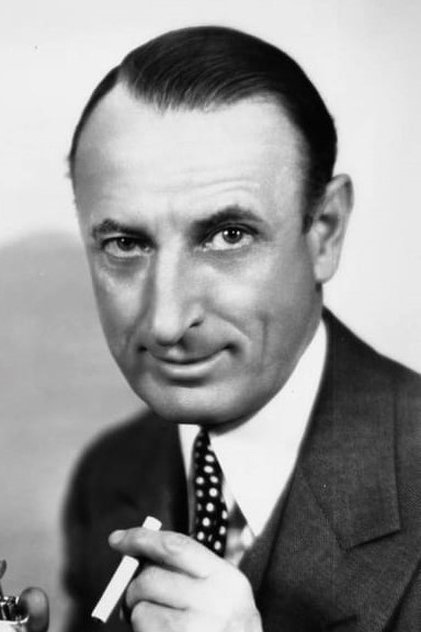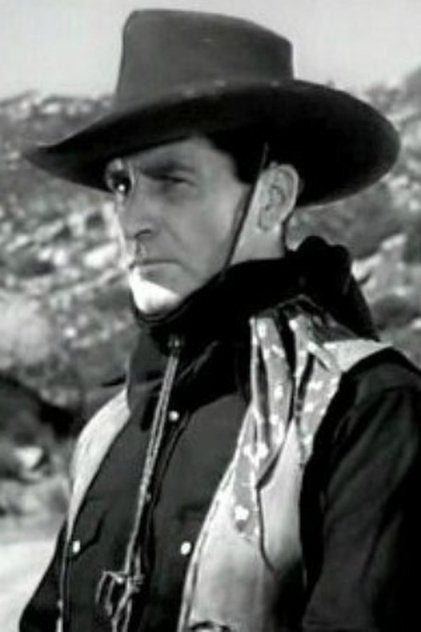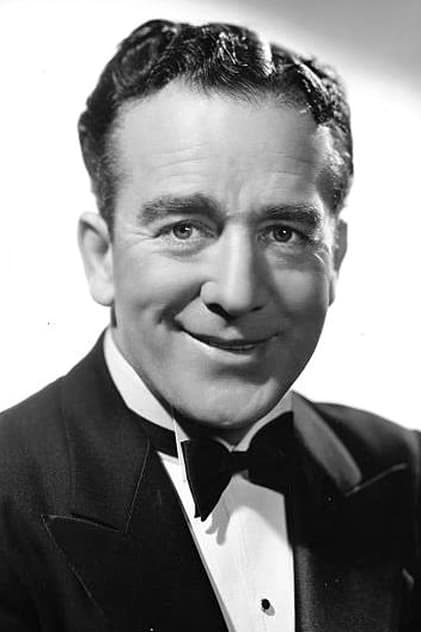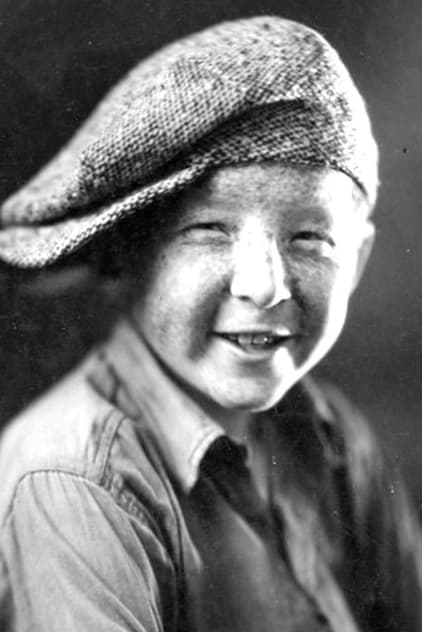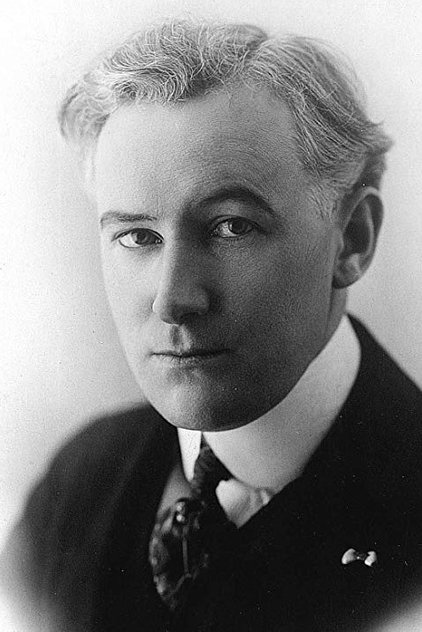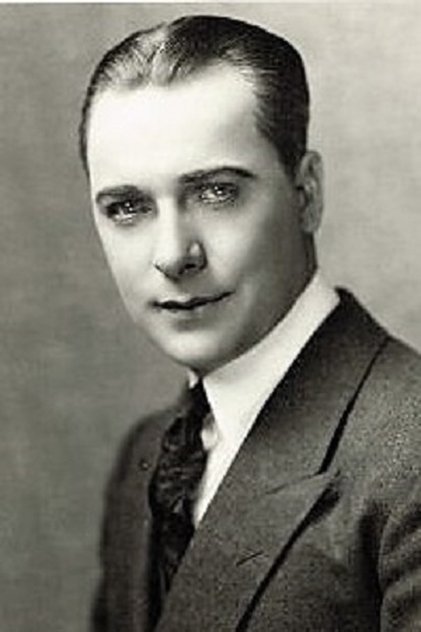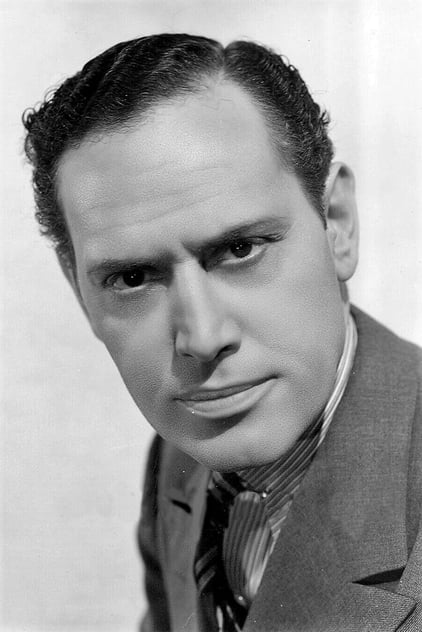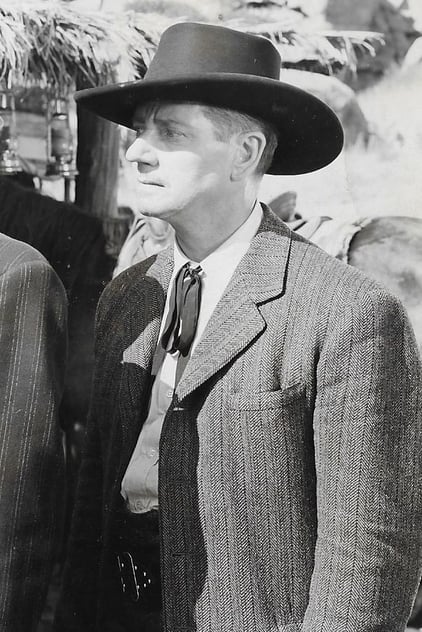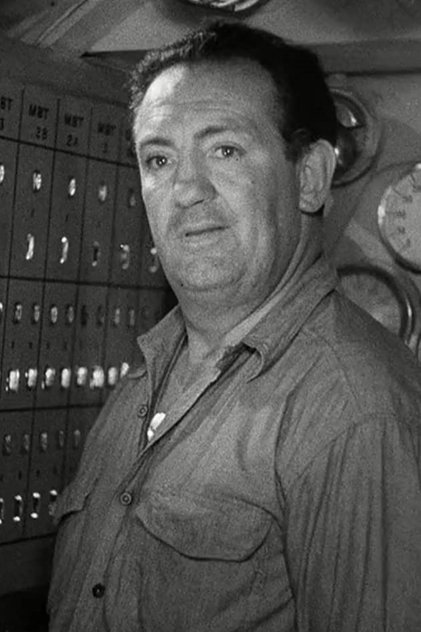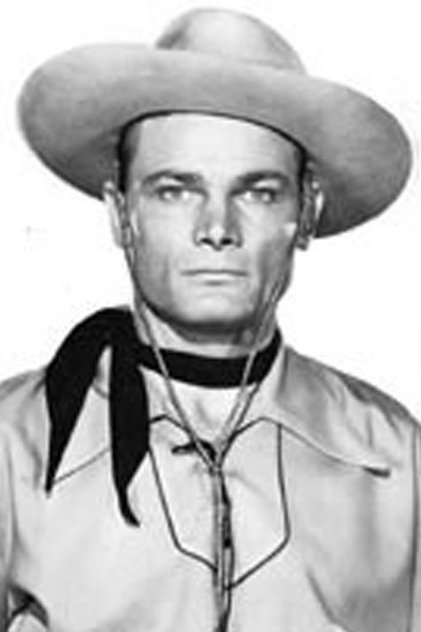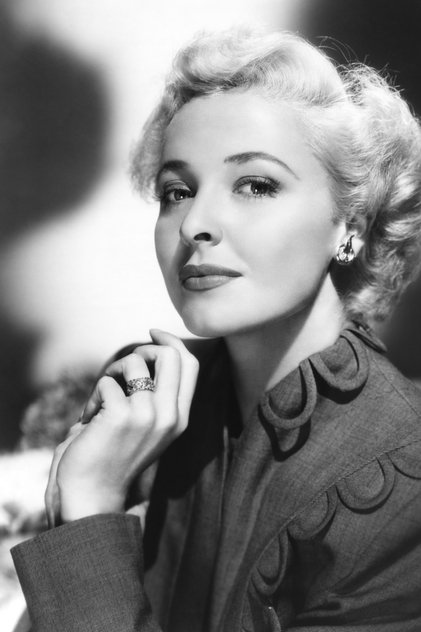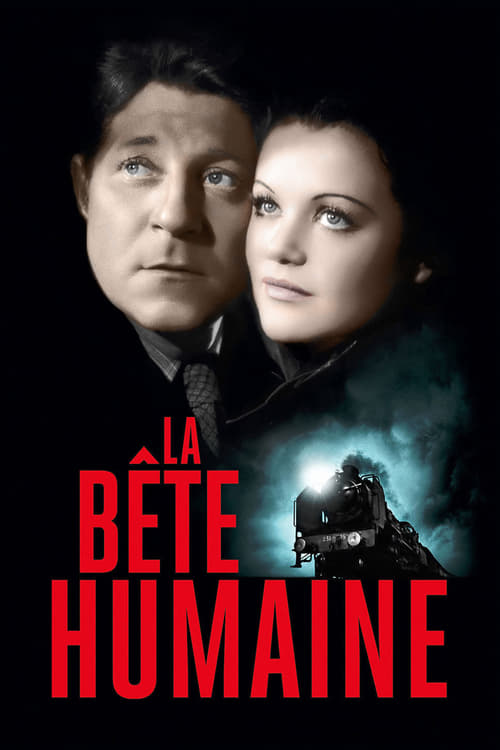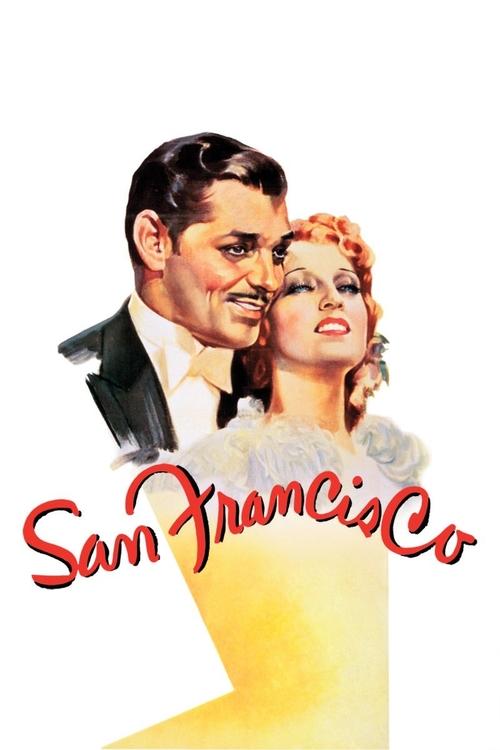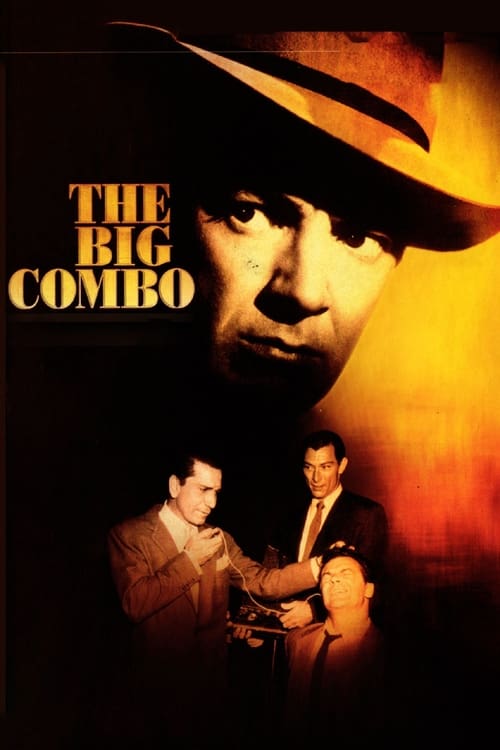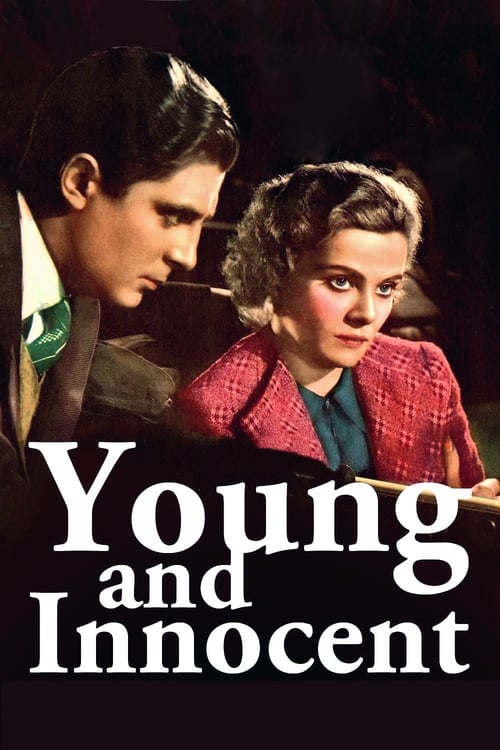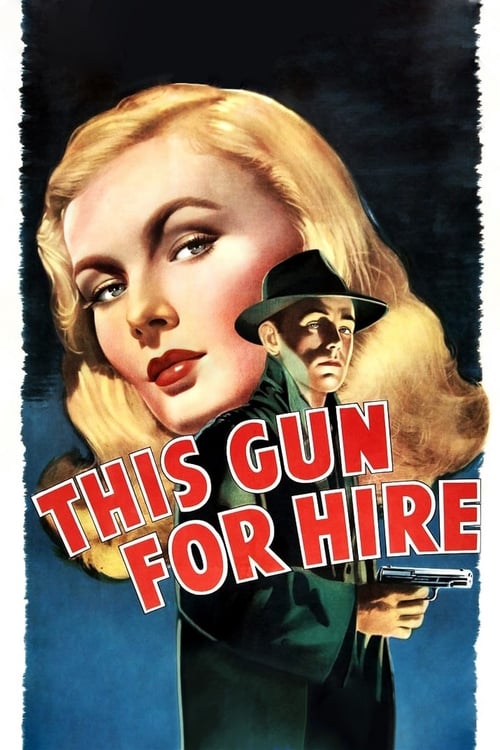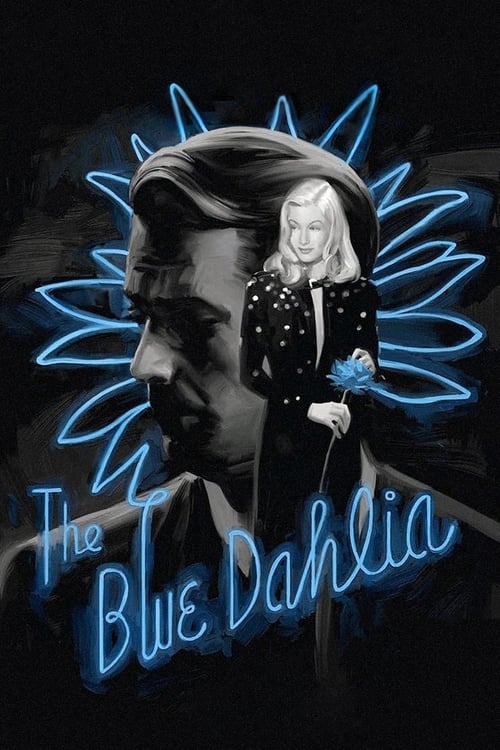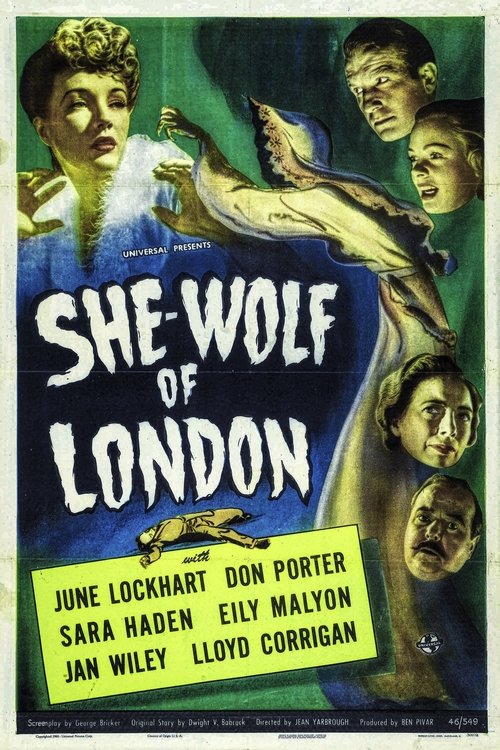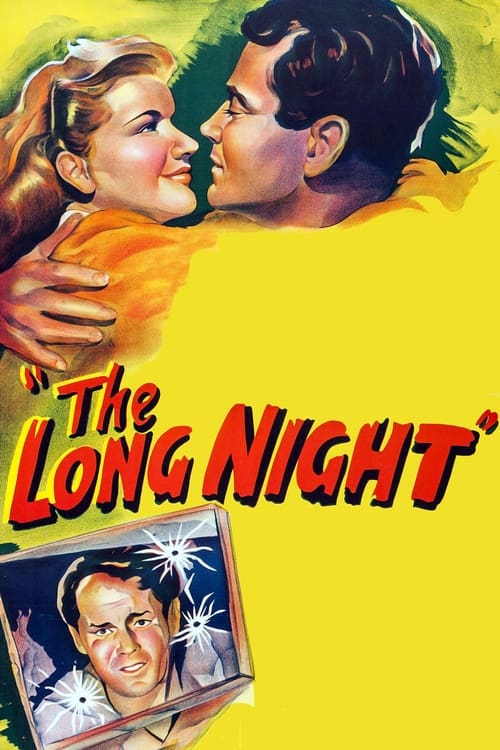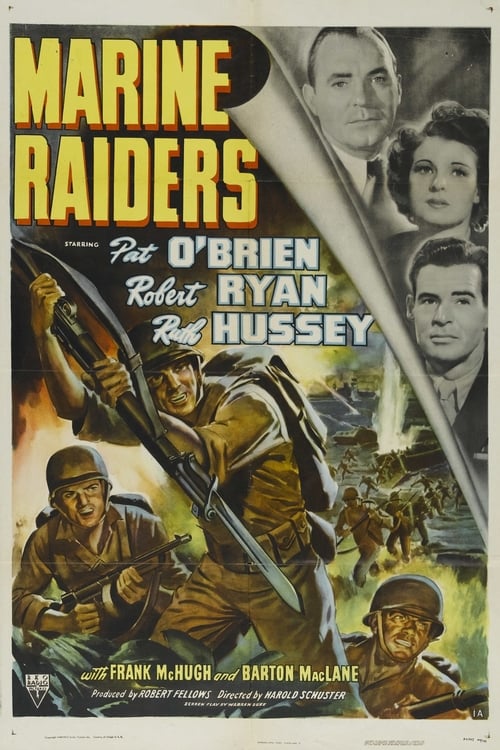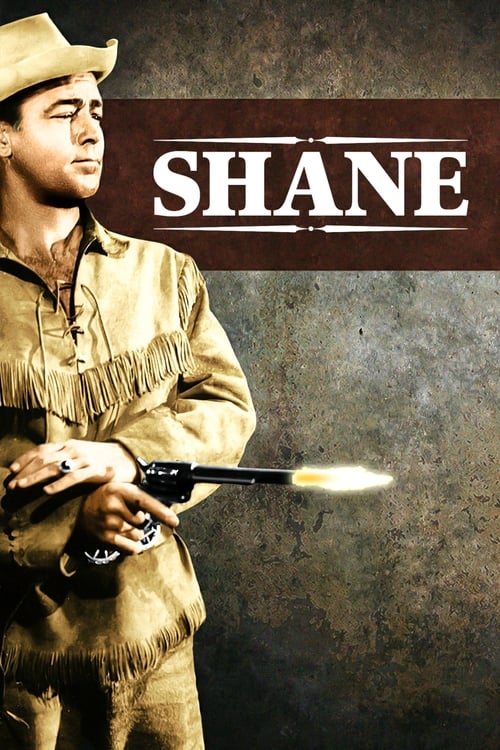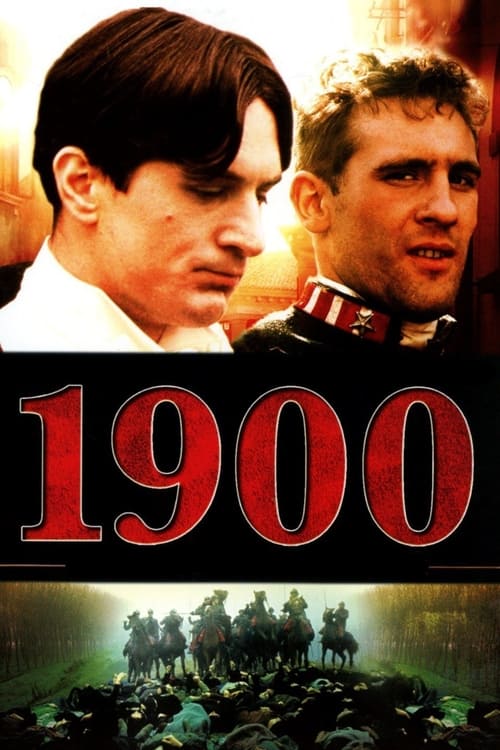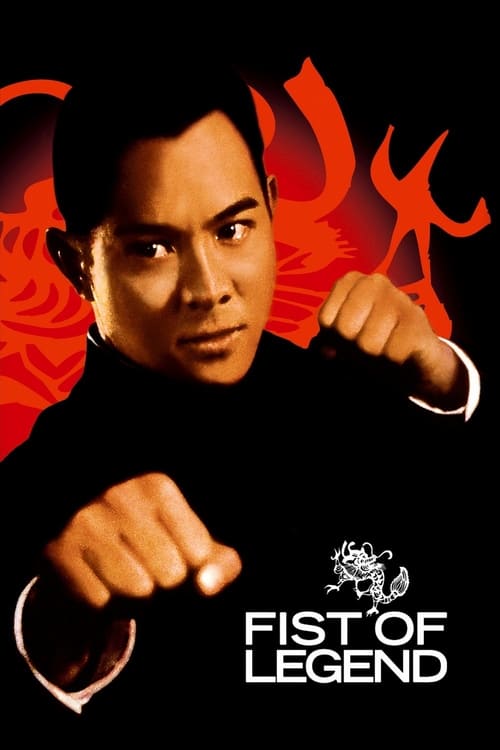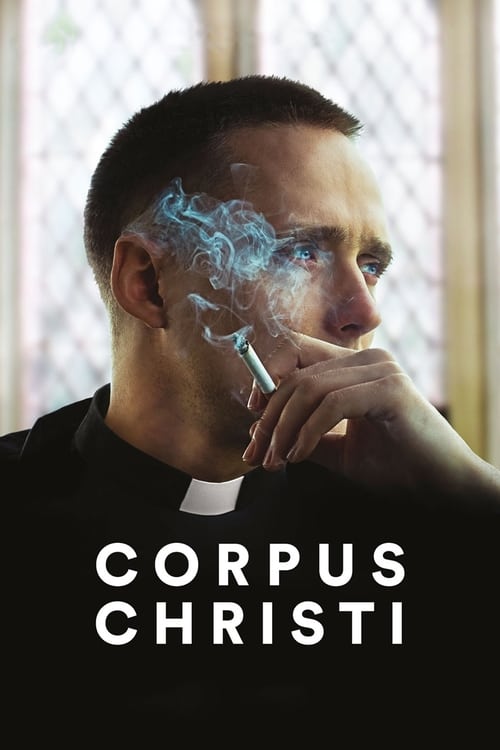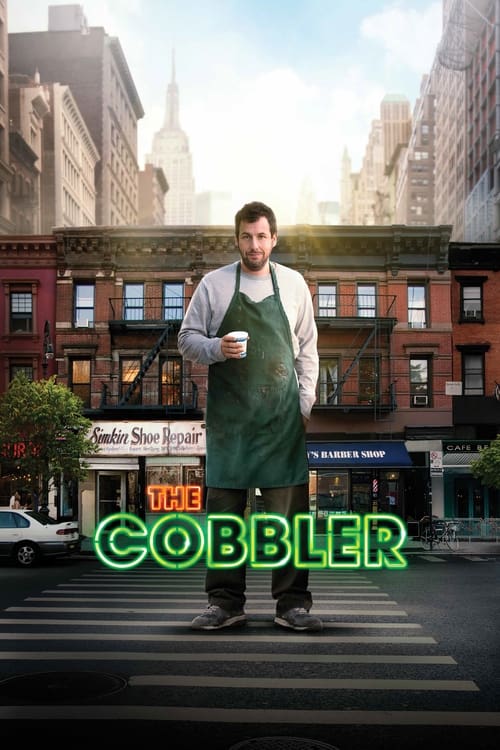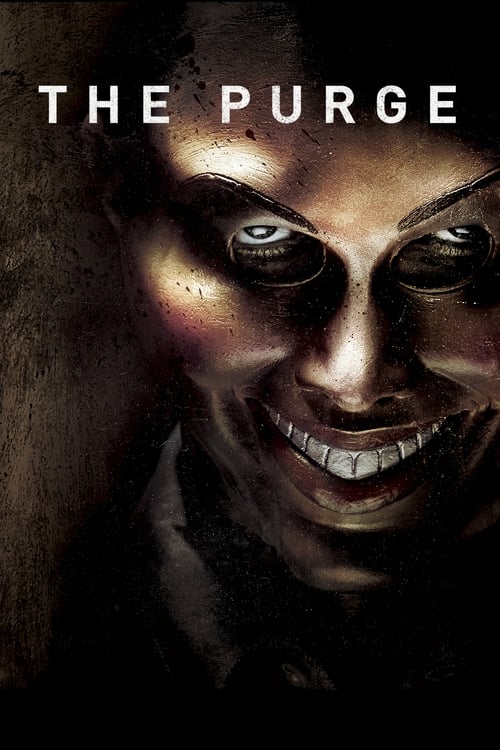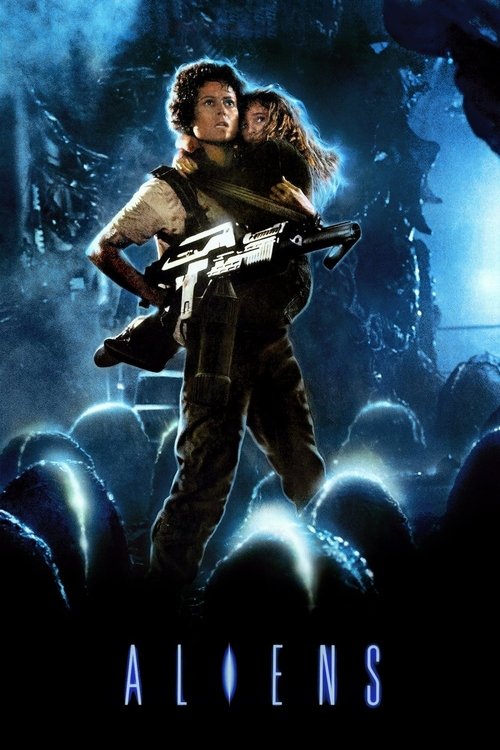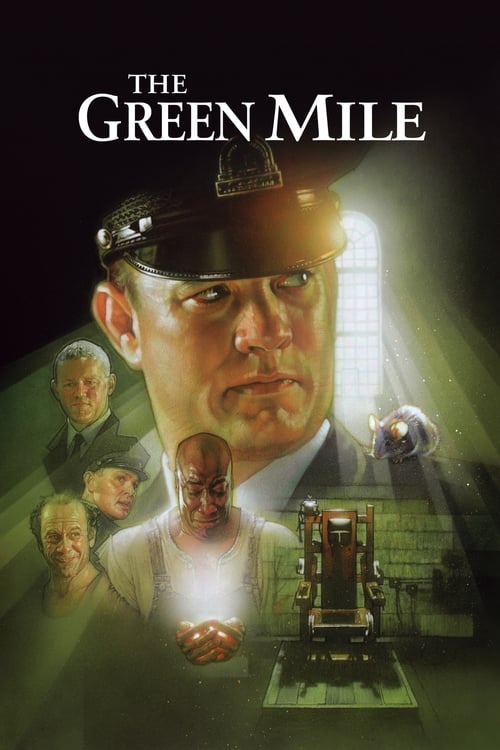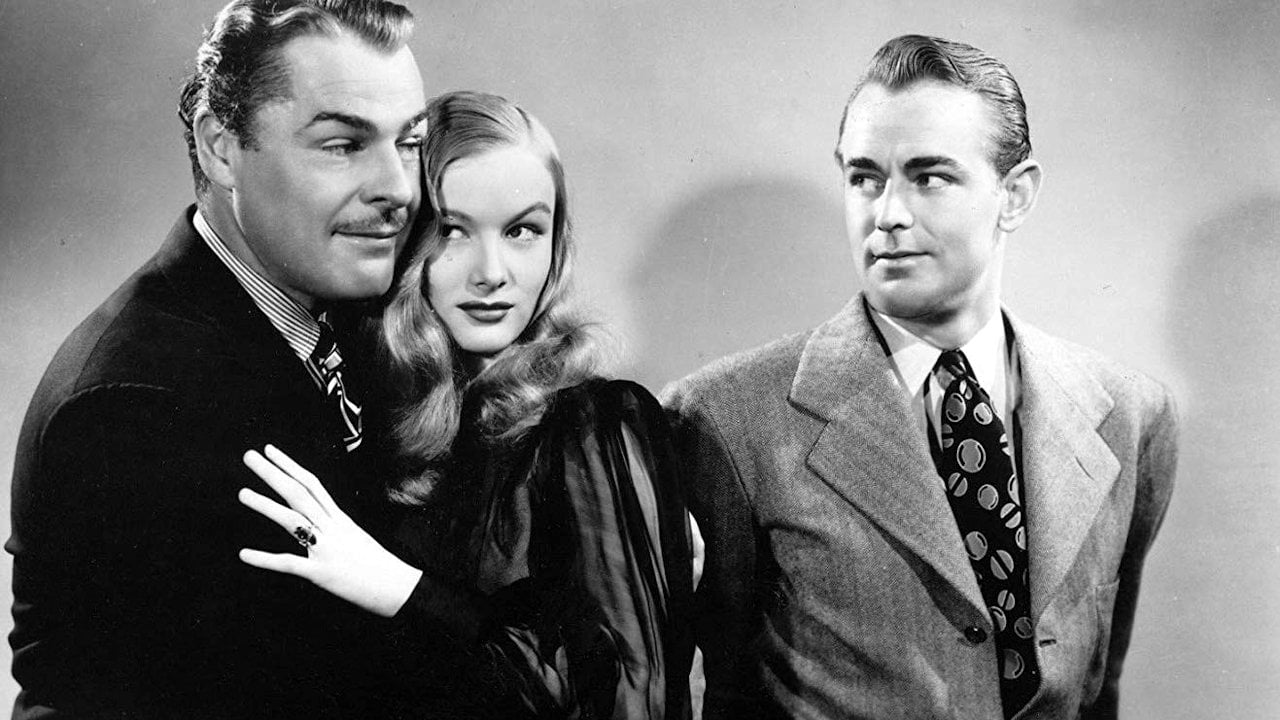
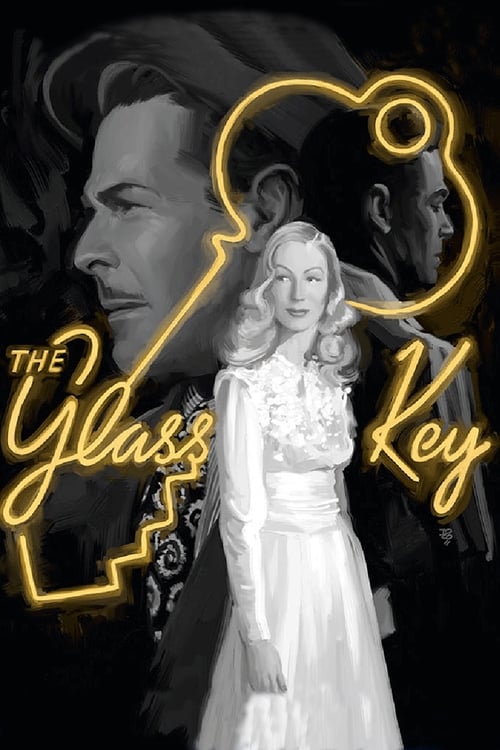
1942
·85m
The Glass Key
Summary
A crooked politician finds himself being accused of murder by a gangster from whom he refused help during a re-election campaign.
Reviews
John Chard
July 1, 2019
Hey, Rusty, Little Rubber Ball is back. I told you he liked the way we bounced him around.
The Glass Key is directed by Stuart Heisler and adapted by Jonathan Latimer from a story written by Dashiell Hammett. It stars Brian Donlevy, Alan Ladd, Veronica Lake, Joseph Calleia, William Bendix & Bonita Granville.
It's re-election time and tough guy politician Paul Madvig (Donlevy) falls for reform candidate Ralph Henry's (Moroni Olsen) daughter, Janet (Lake). Subsequently he throws his weighty support behind Ralph Henry's campaign and irks the underworld gangsters, notably Nick Varna (Calleia). When Ralph's son, Taylor Henry (Richard Denning), is murdered, it opens up a world of corruption, violence, romantic passions and shifty shenanigans. A world that puts Madvig's right hand man, Ed Beaumont (Ladd) firmly in the middle.
Hammett's tale had already been filmed in 1935 with Frank Tuttle in the director's chair and featuring George Raft, Edward Arnold & Claire Dodd as the principal players. Few can argue that, now, knowing how film noir became a force in the 40s, a remake was more than appropriate. Heisler's movie boasts a bigger budget, a better cast and crucially a better screenplay. However, the film in truth has problems, even though it rightly crops up as an example of early film noir on account of the thematics at work, where corruption and wealth blends seedily with sexual ambiguity and amoral deadpanning.
One of the key reasons for why The Glass Key has proved so popular over the years, is because of some dynamite scenes and that Ladd's character is so wonderfully hard to read. Ticking away is a mystery to be solved in the middle of the plot, which is driven by a mysterious protagonist - with Ladd excellently playing it up. That Ladd and Lake would make four films together is testament to their chemistry, yet although the knowing looks and ease with how they share the same frame is telling here, the film as a whole is actually the weakest of the three film noirs that they made.
Casting aside the flat visuals (oh for an Alton, Ballard or Musuraca) - and that much of the political corruptness is put in the background of the whodunit structure - the film also falls flat due to the cop-out ending. Now it's true that many film noirs, and other devilish off shoots of such, have favoured a more "hopeful" ending, and have got away with it to a degree. Yet here it's practically unforgivable, given the tone and all round uneasiness of the previous narrative bents, a tone that's driven by Beaumont's amoral ambiguity lest we forget.
Why the hard edge ending from the novel is not used I'm not too sure, but ultimately it's the wrong decision. Still, there's enough to enjoy here while it runs. The cast do great work, notably William Bendix as a pathetic hard man dealing out sado-masochistic beatings to poor Edward, and Donlevy who blends his "Great McGinty" character with old time mobster traits. While of course solving the whodunit is fun and thankfully no easy task.
It's said that The Glass Key influenced the likes of "Yojimbo" and "The Big Sleep", which if true? is high praise all told. But as entertaining as the film is, and it is, this really should (and could) have been much better, and its reputation in noir circles to my mind is a little flattering. 7/10
Media
Status:
Released
Original Language:
English
Budget:
$0.00
Revenue:
$0.00
